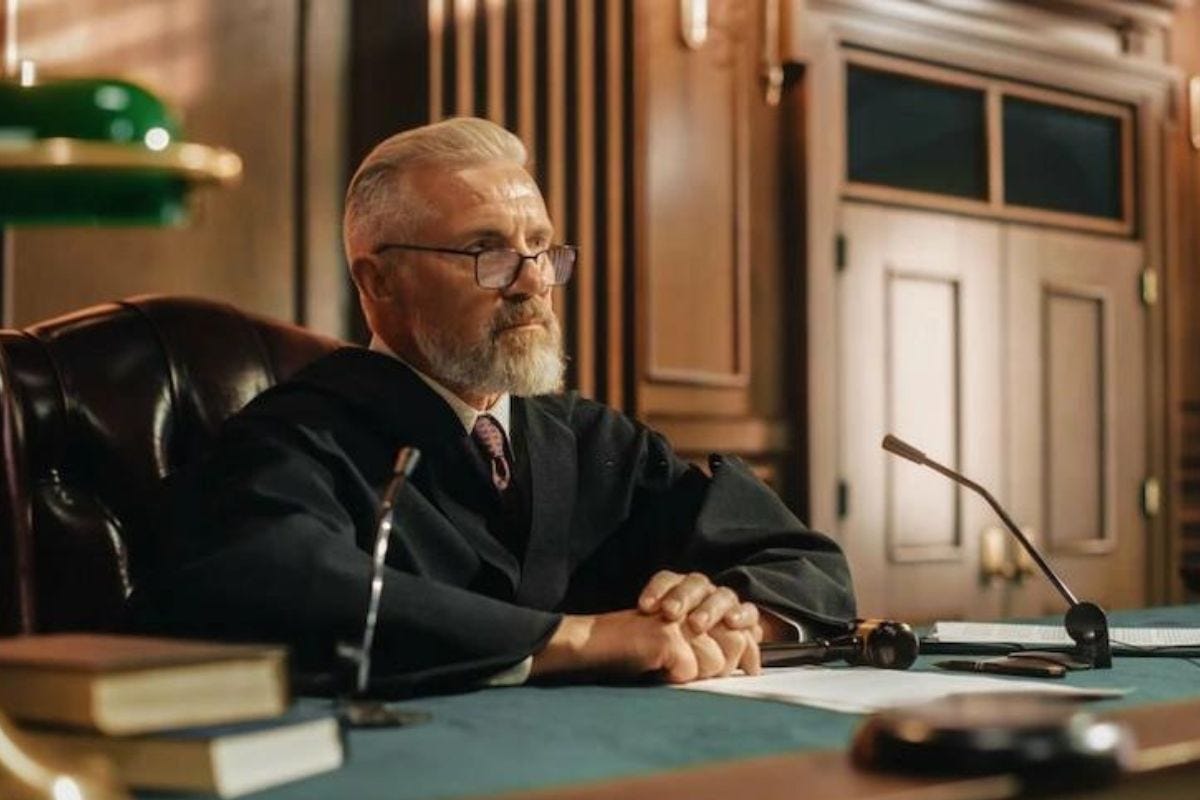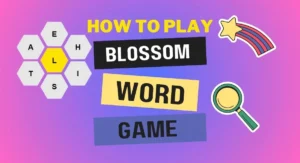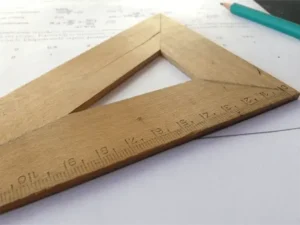
Introduction to the C.W Park USC Lawsuit
Step into the interesting world of academia as we unravel the complexities surrounding the C.W Park USC lawsuit, a case that has sent ripples through the corridors of better training. Join us in this journey as we dissect legal claims, discover implications for school rights and diversity in universities, and peek into the destiny panorama of academia amidst ongoing demanding situations. Let’s dive deep into this academic dispute between C.W. Park and the University of Southern California to find its far-accomplishing results in better training.
Analysis of the Legal Claims Made by C.W Park
Diving into the prison realm of academia, C.W. Park’s lawsuit against USC has sparked extreme scrutiny and debate. The middle of this educational dispute lies in Park’s allegations of unfair treatment and discrimination in the college’s ranks. Park’s legal claims shed light on deep-seated troubles regarding range and inclusion in higher-education establishments like USC. By defining the status quo, Park brings crucial issues regarding school rights and educational freedom to the forefront.
The intricacies of this example delve into a complicated internet of policies, practices, and perceptions that shape the panorama of current academia. As these prison complaints spread, they have far-achieving implications for no longer the handiest USC but for national universities grappling with comparable demanding situations.
Through his ambitious movements, C.W. Park forces us to confront uncomfortable truths about strength dynamics inside instructional institutions and paves the way for a deeper examination of how we define fairness and fairness in academia.
Background of the Case
Diving into the history of the C.W. Park USC lawsuit unveils a complex web of educational disputes and criminal intricacies. The case stems from allegations by Dr. Park, a former University of Southern California professor, concerning discrimination and retaliation in the group’s communique branch.
Dr. Park’s claims have sparked heated debates about school rights and educational freedom in higher training settings. The lawsuit sheds light on the demanding situations faced by minority professors in academia and raises vital questions about range and inclusion efforts inside universities.
As the legal court cases spread, it becomes obvious that this example isn’t always just about one individual; however, it resonates with broader issues going through instructional establishments across the US. It serves as a poignant reminder of the continuing struggles for fairness and fairness within academia. This example’s complexities highlight the need for transparency, accountability, and proactive measures to address systemic biases in better schooling institutions. Stay tuned as we continue to investigate the trends in this groundbreaking lawsuit.
Response from USC and Implications for Academia – C.W Park USC Lawsuit
Following C.W. Park’s allegations against USC, the university announced that it would maintain its dedication to instructional integrity and inclusivity. It has emphasized its determination to uphold faculty rights while ensuring a truthful and independent research process.
The reaction from USC highlights the complicated nature of educational disputes and underscores the significance of transparency in resolving such troubles within academia. It also highlights the need for universities to navigate legal challenges while retaining their popularity as institutions of higher knowledge.
The implications of this situation extend past USC, sparking conversations about variety and inclusion in higher education. It activates reflection on how institutions can foster an environment that embraces special views and backgrounds among school students. As tendencies spread, it will be essential to demonstrate how this example shapes guidelines regarding instructional freedom and faculty rights at universities nationwide. USC’s reaction sets a precedent for addressing similar conditions, emphasizing academic accountability and due process.

The Impact on Diversity and Inclusion in Higher Education
Diversity and inclusion are important pillars in better schooling, shaping the surroundings for students and faculty alike. The C.W Park USC lawsuit has sparked conversations about how universities address those essential components of academia. Embracing diversity enriches the instructional experience by bringing together various perspectives, backgrounds, and ideas. It fosters an experience of belonging and promotes tolerance and understanding among all academic community members.
Inclusion goes beyond mere representation; it includes creating a subculture wherein each individual feels valued and revered. When the range is well known, students are better prepared for an increasingly globalized world and prepared to engage with diverse communities both within and outside the classroom.
The outcome of this criminal dispute may also have some distance-attaining implications for the way universities navigate troubles associated with range, equity, and inclusion moving ahead. It catalyzes institutions to reevaluate their policies and practices to ensure they uphold these vital values in better training.
C.W Park USC Lawsuit Allegations and Claims
Amid the C.W Park USC lawsuit, allegations and claims have been scrutinized under a legal microscope. The case has sparked discussions surrounding instructional disputes and college rights within higher education institutions.
Allegations of discrimination and retaliation against Professor C.W Park’s USC Lawsuit have raised questions about variety and inclusion in academia. The claims shed light on the complexities of navigating the criminal panorama inside universities like the University of Southern California.
Accusations of infringement upon academic freedom spotlight the sensitive stability between institutional guidelines and faculty autonomy. As the case unfolds, it underscores the demanding situations educators face as they uphold their rights while fulfilling their obligations to college students and colleagues.
The alleged misconduct has brought about broader communication about responsibility and transparency within educational settings, prompting a mirrored image of best practices for fostering a supportive environment for all stakeholders.
Legal Proceedings and Developments
The prison proceedings surrounding the C.W Park USC lawsuit were closely watched by academia and the legal community alike. As the case unfolds, new tendencies continue to form the landscape of school rights and academic disputes inside institutions like the University of Southern California.
With allegations flying from side to side among parties, every legal maneuver is important in determining the outcome of this high-profile case. The intricacies of navigating via complicated prison techniques highlight the demanding situations faced now by using Professor Park and by way of universities grappling with issues associated with range, inclusion, and academic freedom.
As stakeholders watch for further updates in this contentious matter, it increases questions about how similar instances can be treated in higher education settings moving forward. The implications of those ongoing tendencies make bigger past just one person or organization; they shed light on broader systemic problems that call for attention and determination to uphold equity and justice inside academia.
Academic Freedom and Faculty Rights
Academic freedom and faculty rights are fundamental pillars of better education. They function as safeguards to ensure scholars can pursue knowledge without fear of censorship or retaliation. Professors ought to have the autonomy to discover controversial topics, undertake traditional knowledge, and engage in open discourse without facing repercussions.
The ability of educators to identify diverse viewpoints is crucial for fostering highbrow increase and vital thinking among college students. Upholding instructional freedom blessings individual professors and enriches university learning surroundings. It encourages a tradition of innovation, debate, and intellectual curiosity.
Faculty individuals play a vital role in shaping the instructional experience for college students and advancing scholarship within their fields. Protecting their rights ensures that academia remains a vibrant space for studying, research, and intellectual exchange. The ongoing discussions surrounding instructional freedom highlight the importance of upholding these standards to maintain better training institutions’ integrity.

Challenges in Higher Education
Navigating the landscape of higher schooling comes with its honest share of challenges. From funding constraints to moving demographics, universities are constantly adapting to meet the evolving wishes of college students and schools alike. Maintaining instructional excellence while fostering diversity and inclusion can present a delicate balancing act for institutions.
Technology is revolutionizing how schooling is delivered, posing possibilities and boundaries for conventional coaching methods. Additionally, troubles surrounding academic freedom and faculty rights remain at the forefront of discussions within university settings.
As higher training faces those challenges head-on, it turns into essential for establishments to proactively deal with them so that you can ensure a colorful and inclusive knowledge of surroundings for all members of their community. By staying attuned to these hurdles, universities can better equip themselves to navigate the complexities of academia within the twenty-first century.
Looking Ahead
As we navigate the twists and turns of the C.W. Park USC lawsuit, it becomes evident that researching beforehand is essential in understanding the evolving panorama of academia’s prison realm. The implications of this case, the C.W Park USC Lawsuit, extend beyond simply one group; they reverberate throughout higher education, sparking conversations on college rights, variety, and inclusion.
To ensure transparency and equity in educational disputes, universities must reexamine their regulations and practices. Upholding instructional freedom while respecting college members’ rights might be a delicate balance that institutions must strive to achieve.
In light of this lawsuit, a heightened focus may be on demanding situations inside better education associated with strength dynamics, discrimination, and accountability. Addressing these issues proactively can create a more equitable and supportive environment for all stakeholders.
The looking ahead approach acknowledges the complexities inherent in academia and runs toward answers that promote integrity, equity, and excellence in research and teaching. It requires a collective effort from all events – establishments, school individuals, students – to foster a subculture of respect and collaboration shifting forward.
Conclusion
As we wrap up our exploration of the C.W Park USC lawsuit and its implications for academia, it is clear that this situation has sparked important conversations about faculty rights, academic freedom, and variety in better training. The criminal landscape surrounding this dispute highlights universities’ complexities and challenges in navigating issues associated with tenure, discrimination, and expert behavior.
Moving forward, it will be crucial for institutions like the University of Southern California to cautiously remember how they address misconduct allegations while upholding equity and due process standards for all events.
The final results of this situation will likely have some distance-reaching outcomes on how universities technique disputes between school contributors and administration, shaping the future of instructional governance and institutional responsibility.
Learn More – Here!
FAQs
Q: What are the potential long-term results of the C.W. Park USC lawsuit on academia?
A: The repercussions of this case, C.W Park USC Lawsuit, could set precedents for how instructional disputes and faculty rights are handled in higher education institutions.
Q: How can universities ensure transparency and fairness in addressing similar troubles in the future?
A: Universities want to prioritize clear communication, equitable strategies, and a commitment to upholding educational freedom while navigating legal challenges.
Q: What training can be found from this legal struggle for each college individual and administrator?
A: It underscores the significance of expertise contractual duties, safeguarding educational freedom, and fostering an inclusive environment that values various views inside academia.
Q: What are the potential financial implications of the C.W. Park USC lawsuit for the university?
A: The lawsuit could result in significant legal expenses for USC, impacting its budget and resources for academic programs and initiatives.
Q: How might the reputation of USC be affected by the outcome of the lawsuit?
A: Depending on the outcome, USC’s reputation as an academic institution may be influenced, potentially impacting student enrollment, faculty recruitment, and philanthropic support.
Q: Are there any potential consequences for C.W. Park’s academic career beyond the lawsuit?
A: Depending on the outcome and public perception of the case, C.W. Park’s professional reputation within academia could be affected, potentially influencing future career opportunities.
Q: What role does academic governance play in resolving disputes like the C.W. Park USC lawsuit?
A: Academic governance structures and policies within universities are instrumental in providing mechanisms for resolving disputes and upholding standards of fairness and accountability.
Q: How might the C.W. Park USC lawsuit impact academic collaborations and partnerships involving USC?
A: Depending on its outcome and resulting institutional changes, the lawsuit could affect USC’s ability to engage in collaborative research projects, partnerships with other institutions, and academic exchanges.
Q: What steps can universities take to prevent similar disputes from arising in the future?
A: Universities can implement proactive measures such as robust conflict resolution mechanisms, clear faculty rights and responsibilities policies, and regular training on legal and ethical standards.
Q: How might the outcome of the C.W. Park USC lawsuit influence public perceptions of academic institutions?
A: Depending on the outcome and media coverage, the lawsuit could shape public perceptions of USC and broader attitudes toward academic institutions, including trust in their governance and accountability structures.
As we navigate the complexities of legal battles like the C.W. Park USC lawsuit, it will become apparent that ensuring a balance between preserving educational integrity and protecting faculty rights remains crucial for higher education institutions. By delving deeper into discussions surrounding academia’s legal landscape, we equip ourselves with the know-how to deal with such disputes in the future.





